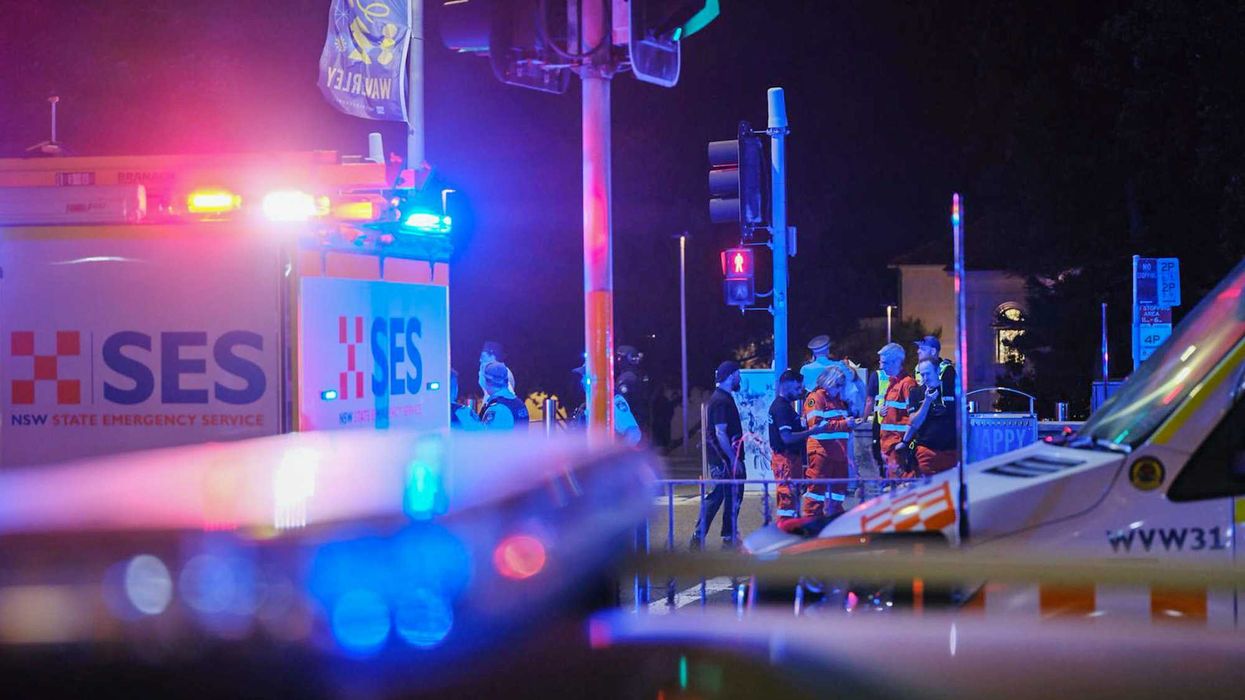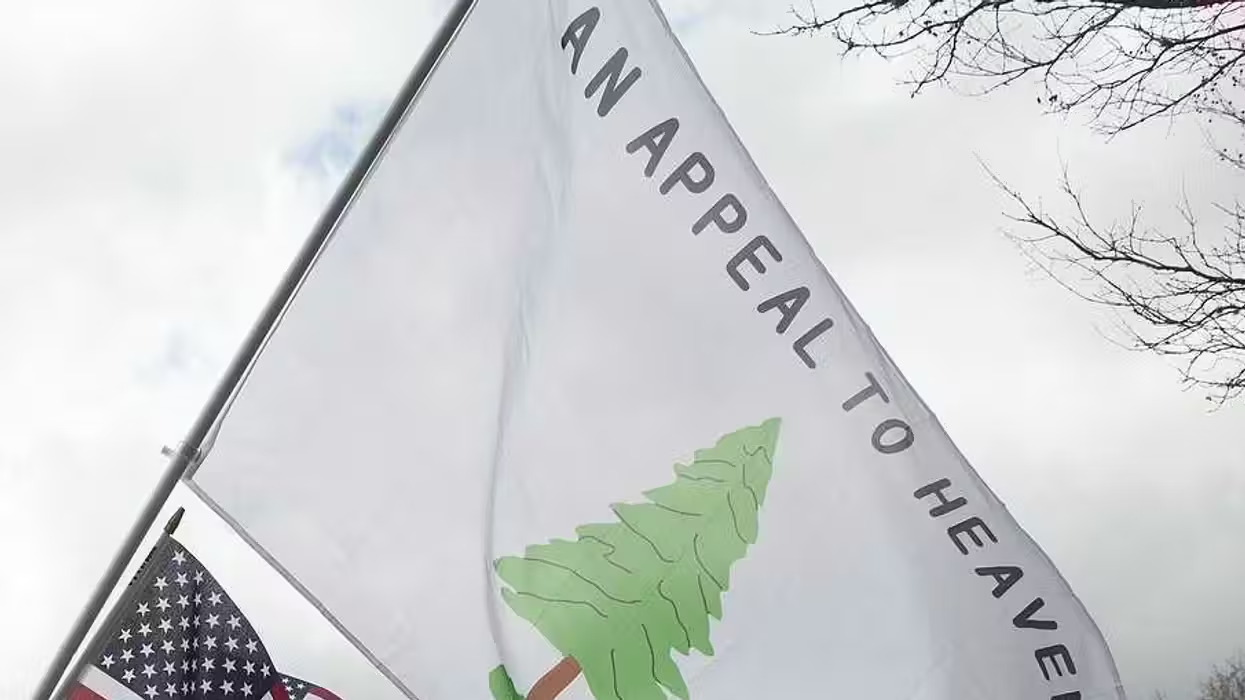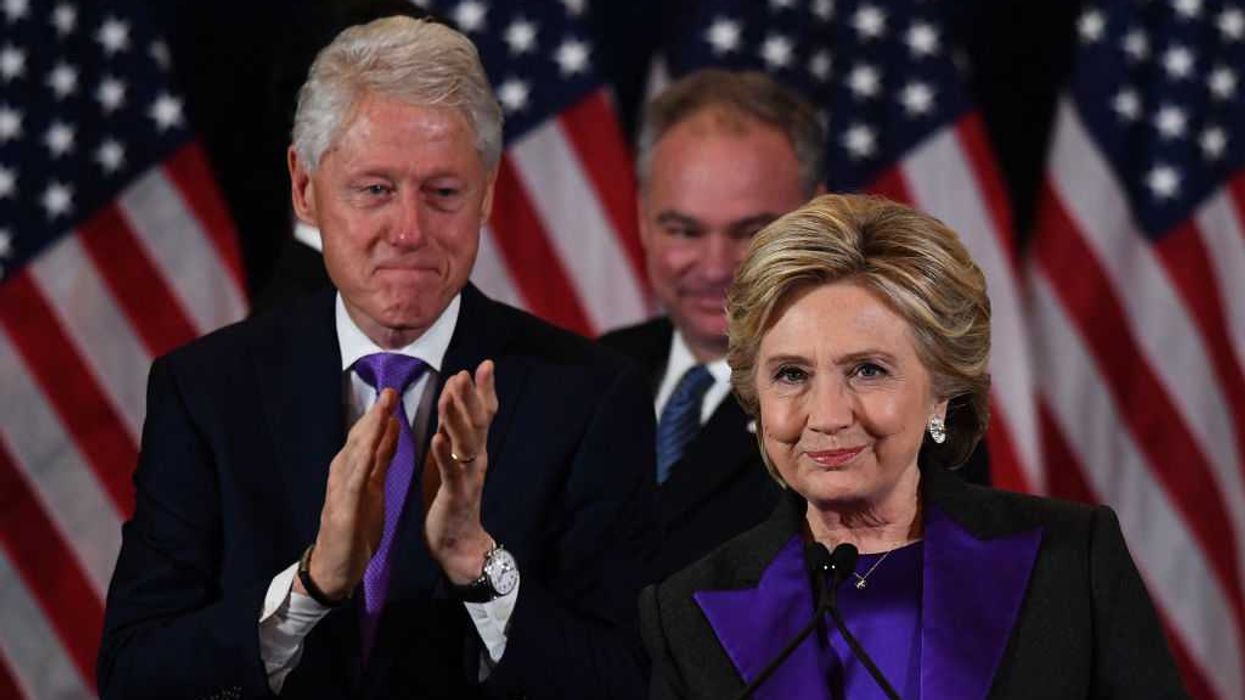
© 2025 Blaze Media LLC. All rights reserved.
"Urban warming does not unduly bias estimates of recent global temperature change."
- The Berkeley Earth Surface Temperature (BEST) project set out to address criticism to climate change data and present findings for more discussion.
- BEST looked at data from 15 sources totally 1.6 billion records dating back to the 1800s.
- Draft papers of BEST, which took into account issues from climate skeptics, found that after reanalysis there was no change in data.
- The Urban Heat Island effect -- the effect that urban areas are warmer due to human activity -- was specifically analyzed; BEST found it did not skew results of warming data.
- Skeptics maintain that warming isn't the question: the question is the cause.
In March of this year, Richard Muller, a physics professor at University of California, Berkeley, was reported in Scientific American (via New Scientist) as saying Al Gore's An Inconvenient Truth wasn't completely true and that there were flaws in global warming data. Muller started the Berkeley Earth Surface Temperature (BEST) project to reanalyze climate data while addressing some of climate skeptics' claims.
New Scientist reports the BEST project revealed that the data being analyzed did not change even after taking into account skeptics' concerns:
Contrary to earlier studies that are often quoted by climate skeptics, the BEST researchers find that including data from weather stations in cities – which are warmer than rural areas – makes little difference to the overall trend. "Urban warming does not unduly bias estimates of recent global temperature change," they say.Blogger Anthony Watts of "Watts Up With That" has repeatedly claimed that temperature data is unreliable because weather stations are poorly placed – for instance, next to air-conditioning vents or other heat sources. However, BEST found no statistically significant difference in the trends seen at well-placed and poorly placed stations.
The Urban Heat Island effect, according to the American Meteorological Society, is the phenomenon that is warmer than its surrounding environment "most commonly associated areas of human disturbance such as towns and cities." This effect has been cited by climate skeptics as a bias for global warming compared to areas that would not experience this phenomenon.
Calling the BEST project a "transparent approach based on data analysis," Muller and colleagues seek to address criticism of climate data (basically, set out to address the issues climate skeptics have with current data) and present it back to the scientific community. Here's the goal according to the BEST project website:
Our aim is to resolve current criticism of the former temperature analyses, and to prepare an open record that will allow rapid response to further criticism or suggestions. Our results will include not only our best estimate for the global temperature change, but estimates of the uncertainties in the record.
In response to BEST's draft results, New Scientist reports relief from climate change supporters, continued skepticism from some skeptics and others who are unwilling to comment until the documents have been peer reviewed:
"These initial findings are very encouraging and echo our own results, and our conclusion that the impact of urban heat islands on the overall global temperature is minimal," says Phil Jones of the University of East Anglia in Norwich, UK, the climatologist at the heart of the "climategate" scandal. Jones helped to compile the HadCRU dataset."They get the same result that everyone else has gotten," says Michael Mann of Penn State University in University Park. "That said, I think it's at least useful to see that even a critic like Muller, when he takes an honest look, finds that climate science is robust."
[...]
"I haven't ever suggested that temperatures haven't risen since the 19th century. Quite the contrary," says blogger and mathematician Steve McIntyre of ClimateAudit. Nevertheless, McIntyre questions BEST's analyses of urban heating and weather station quality.
"They're concentrating on the wrong question," says David Whitehouse, science adviser to The Global Warming Policy Foundation, a London-based think tank that has former British finance minister Nigel Lawson for chairman. "Everybody agrees that the temperature has warmed. The people who disagree about temperatures are the barking mad end of the spectrum."
Whitehouse believes the argument is between natural warming cycles versus warming caused by human activity.
Even still, BBC environmental correspondent, Richard Black, writes that he thinks BEST's 'openness and inclusion' could help reshape the mold for trust in climate science:
Perhaps it can take the big three temperature programmes back into open waters along with it. And perhaps, if it is entirely open with everything from the beginning, some of the sound and fury will abate.
The Huffington Post reports that the project has involvement from Judith Curry, a professor at Georgia Institute of Technology and president of Climate Forecast Applications Network (CFAN), and 2011 physics Nobel laurate Saul Perlmutter. The Post also notes that the Koch Brothers are one organization helping to fund the project.
The draft papers are available here.
Want to leave a tip?
We answer to you. Help keep our content free of advertisers and big tech censorship by leaving a tip today.
Want to join the conversation?
Already a subscriber?
more stories
Sign up for the Blaze newsletter
By signing up, you agree to our Privacy Policy and Terms of Use, and agree to receive content that may sometimes include advertisements. You may opt out at any time.
Related Content
© 2025 Blaze Media LLC. All rights reserved.
Get the stories that matter most delivered directly to your inbox.
By signing up, you agree to our Privacy Policy and Terms of Use, and agree to receive content that may sometimes include advertisements. You may opt out at any time.






